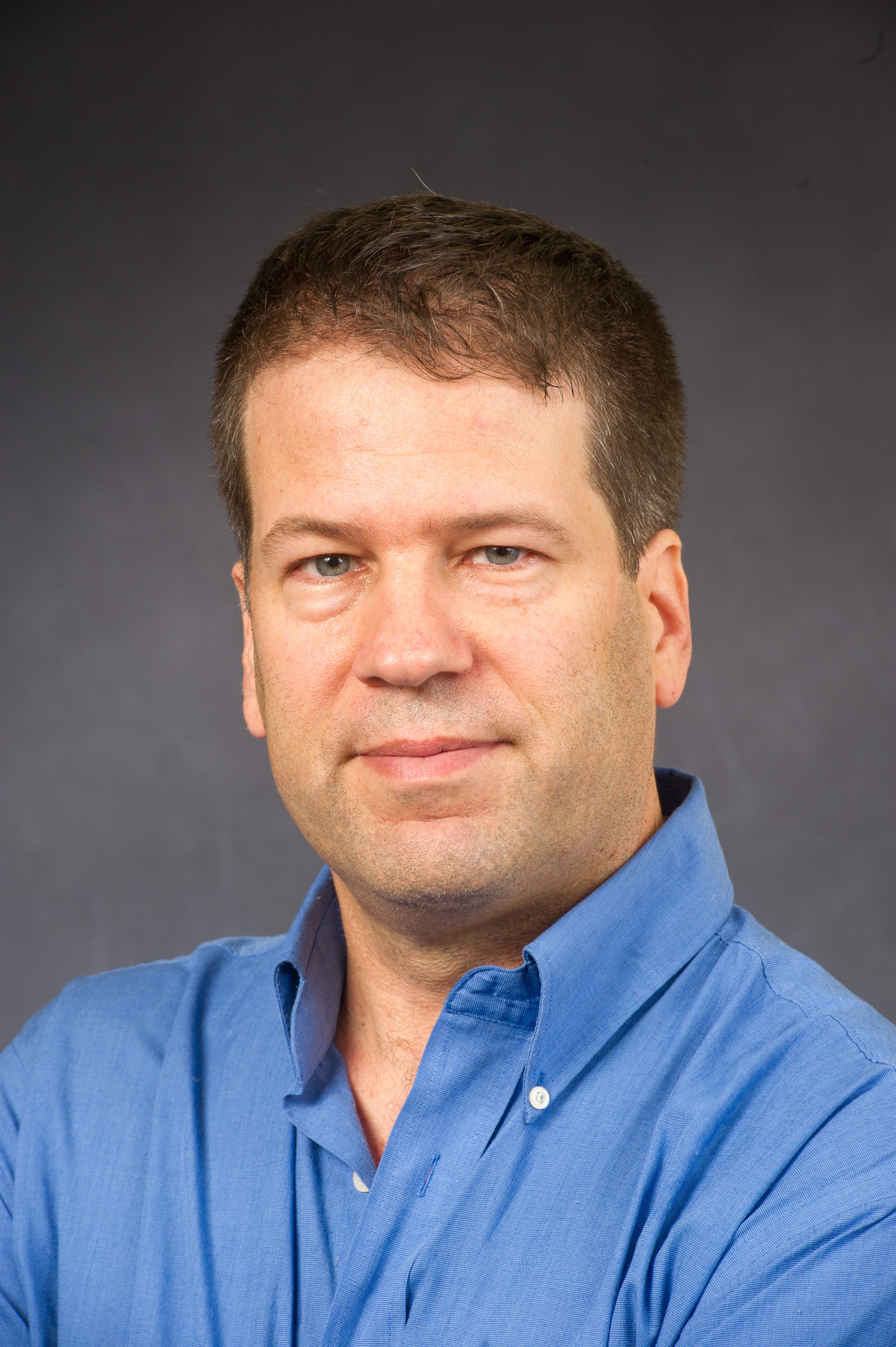David Newburn, PhD, Associate Professor of Agriculture and Resource Economics at the University of Maryland, will present the EEEP Seminar Series, “Interacting Incentives for Agriculture Conservation Subsidies and Trading Programs: Implications for Water Quality and Carbon Sequestration Benefits in the Chesapeake Bay Watershed” on April 2, 2025.
Abstract:
Emissions trading programs have been promoted as efficient means to reduce nonpoint source water pollution and sequester carbon from agricultural land. While trading programs are often evaluated in isolation, they compete with longstanding federal agricultural conservation subsidy programs. Both programs target afforestation practices that provide environmental benefits using different payment structures: Trading pays for performance while agricultural conservation programs pay for effort. We evaluate the performance of both programs in isolation and competition using an integrated assessment model that combines a stated preference survey of agricultural landowners for establishing riparian forest buffers with biophysical models of water quality and carbon sequestration benefits. The integrated assessment model uses the Chesapeake Bay Program watershed model to estimate parcel-specific nutrient reductions and forest carbon modeling from newly released high-resolution data in the northeastern United States. Our numerical policy simulation suggests that the water quality trading program in isolation can provide sufficient financial incentives for landowners to engage in afforestation activities on agricultural land. However, federal agricultural conservation subsidies largely crowd out water quality trading program when in competition. Stacking carbon payments with water quality trading payments has a trivial impact on enhancing landowner participation rates. Overall, the attractiveness and effectiveness of emissions trading programs for afforestation activities on agricultural land are heavily influenced by the presence and high level of federal agricultural conservation subsidies.
Bio:
Newburn is an associate professor in the Department of Agricultural and Resource Economics at the University of Maryland. His research focuses on two main areas: (1) water quality and the Chesapeake Bay; and (2) land-use policies for the preservation of farmland and forests. Newburn’s work on water quality and the Chesapeake Bay evaluates the effectiveness of voluntary incentive-based programs, like subsidies for adopting agricultural conservation practices on cover crops and riparian buffers, as well as water quality trading. He received his Ph.D. from the University of California at Berkeley and was appointed to serve on the Chesapeake Bay Program Scientific and Technical Advisory Committee.


